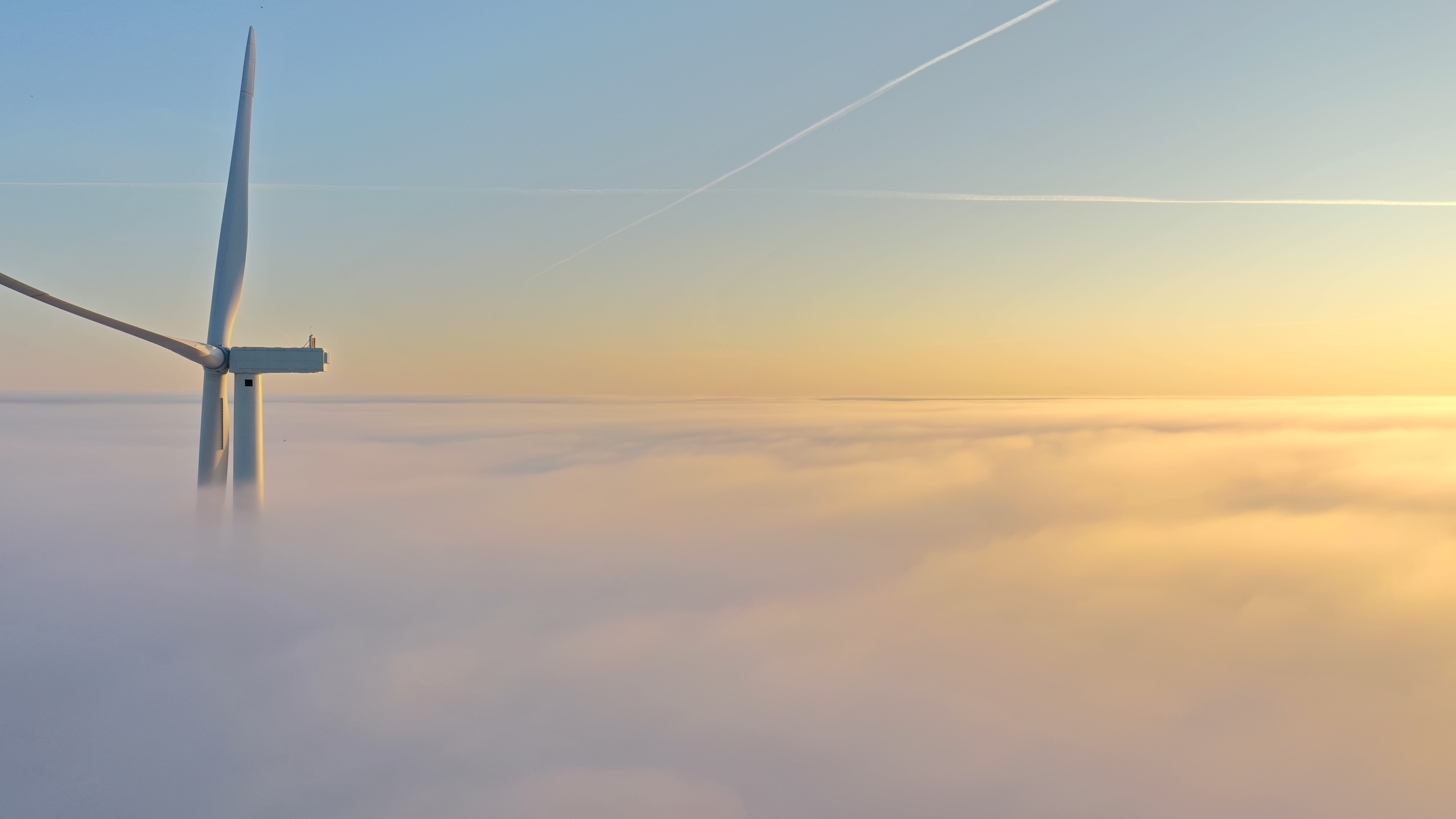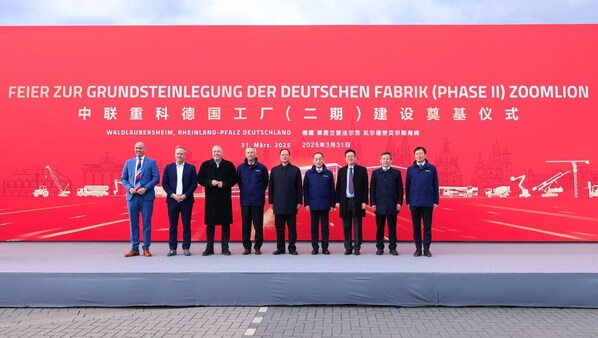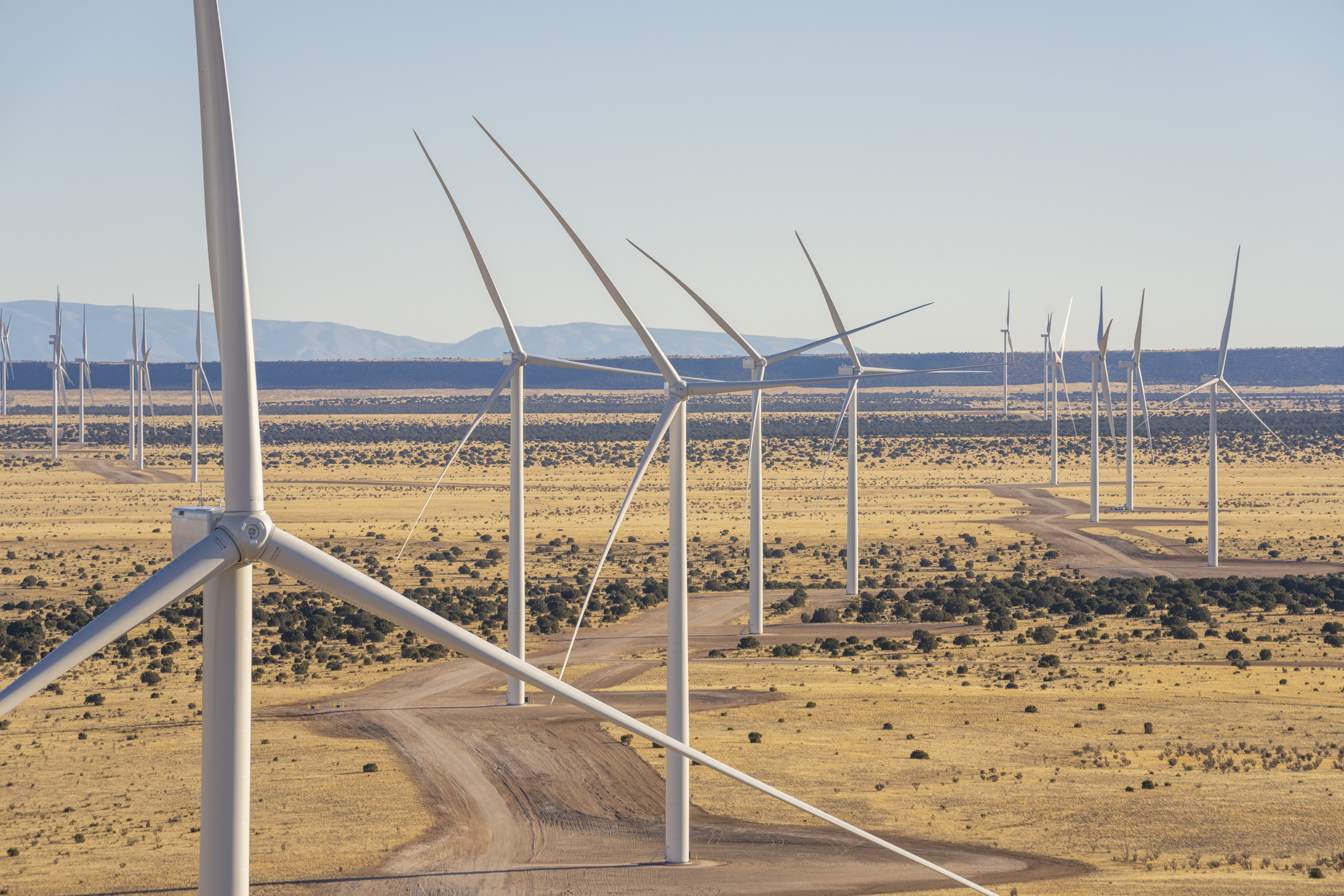.jpg)
Now on the market: the world's first active shoulder exoskeleton for industrial use, made in Germany. The S700 from the Hamburg-based company exoIQ effectively relieves arm, neck and shoulder muscles with up to 5kg per arm. Physically demanding workplaces in industry can thus be made fit for the future.
Exoskeletons are body-worn support systems that redirect the load from weaker to stronger parts of the body. With the new S700 active exoskeleton from exoIQ, the upper arms are supported electro-pneumatically. The additional power support can be adjusted from 1 to 5kg. This provides noticeable and demonstrable relief for the muscles in the shoulders, arms and neck during assembly and handling tasks in front of the chest and at overhead height. It can also be adjusted to different body sizes and shapes without the need for tools. Different pre-programmed support modes enable even more targeted adjustment to different work areas.
Active support systems
With the battery-operated S700, exoIQ is launching an innovation that is the first of its kind on the market. "The highlight of active support systems is that the power delivery is individually adjustable. The S700 grips the employee under the arms to prevent overexertion and fatigue. But the level of support can be customised by each user and for each activity. And the system can be switched to pause mode at any time so that it doesn't get in the way of secondary activities," said Bernward Otten, managing director of exoIQ from Hamburg.
Reduced strain means increased concentration and work quality
Exoskeletons are not intended to replace employees, but to reduce the strain on them. When using the S700 for overhead or chest-height activities, an immediate, positive effect is felt. Reduced fatigue and increased concentration have an equally positive effect on both employee satisfaction and quality of work. "Nothing is more flexible than the human being, which has continued to evolve over millions of years. The main driving force behind successful companies is keeping their employees' performance at a consistent level. And that's where we come in, offering an ergonomic aid that makes work easier, in the form of the S700," added exoIQ managing director Robert Weidner.
The S700 active shoulder exoskeleton has been available on the market since October 2023.
About exoIQ: exoIQ GmbH was founded in Hamburg in 2017 and develops intelligently designed support systems. Its roots lie in a university research project at Helmut Schmidt University, which has been researching exoskeletons since 2014. The mission of exoIQ is to support, strengthen and relieve people in the industrial workplace and protect them from physical harm. And thus to positively change the future of work.
Founder profiles

Robert Weidner was born in Hamburg in 1986 and studied mechanical engineering at Hamburg University of Technology. After graduating in 2010, we worked as a research assistant and, since 2014, as junior research group leader of the interdisciplinary smartASSIST junior research group (project of the Federal Ministry of Education and Research) and as group leader for robotics and automation at the manufacturing technology lab (Professor Wulfsberg) of the Helmut Schmidt University/University of the Federal Armed Forces Hamburg. Since 2018, he has been a professor at the University of Innsbruck, where he holds the professorship for manufacturing technology.
"With our intelligently designed exoskeletons, we want to improve workplace ergonomics and reduce physical strain."

Bernward Otten was born in Frankfurt am Main in 1989 and studied medical engineering as well as mechanical engineering at the Technical University of Munich. In 2022, he received his doctorate from Helmut Schmidt University Hamburg, where he was a member of the interdisciplinary junior research group smartASSIST from 2015 to 2019, researching methods and concepts for human-technology interaction.
"In many ways, the evolutionary story of the human being, as a complex machine with over 600 muscles, makes it an exciting sparring partner."
Interviews
Interview with the exoIQ founders Robert Weidner and Bernward Otten
1. When was exoIQ GmbH founded, and why?
Weidner: Since the end of 2014, we in the smartASSIST research project – an interdisciplinary junior research group supported by the Federal Ministry of Education and Research – have been researching support systems for scenarios at work and in every day life. Our motto was "Technical support systems that people really want". Early on, we received good feedback about our developments and won 2nd place in the Industrial Production handling award 2017 in the category of handling and assembly. This motivated us to take the next step from invention to innovation, i.e. to develop products ready for series production.
Otten: In order to launch the innovation on the market, we founded exoIQ GmbH in 2017. Since 2018, we have been developing high-quality exoskeletons in collaboration with TTS Tooltechnic Systems as a strategic partner. These are produced in Germany and sold through various sales channels.
2. Where did the idea of dealing with exoskeletons come from?
Weidner: We saw a gap between automated solutions and human work. Approaches like human-robot collaboration and lifting aids are a step in the right direction, but are often limited in terms of flexibility, e.g. they can only be used at fixed workstations. We also wanted to help people perform tasks without taking away certain activities. In terms of evolution, the human being has an extraordinarily well-developed sensorimotor system and cognitive capabilities that are fundamental for current and future value creation chains.
Otten: Human flexibility is of course not only important for the world of work, but is also an unbelievably exciting development object. In many respects, the human musculoskeletal system, with over 600 muscles and highly optimised load-bearing structures, is a challenging interaction partner, thanks to its long evolutionary history. But if you also consider constraints such as demographics, a skills shortage, etc., it was an obvious step to research physical support systems that do not replace employees but assist them.
3. Why is the human being such a central element in exoIQ product development?
Otten: We are constructing technology that is worn on the body and must work synchronously with the person wearing it. An exoskeleton can only be used successfully if it is harmonised with the person at a wide variety of levels and therefore, for example, is adapted to the human body through intelligent mechanics while also meeting requirements and requests.
Weidner: Exoskeletons should support human movements in the context of work activities. The human being should not adapt to the technology, but the technology should be designed such that it can be adapted to each individual and provides support when support is required. The essential thing is not only an understanding of human requirements and needs, but also to include this in the development process and to understand the work processes and context of use.
4. How did the collaboration with TTS Tooltechnic Systems come about, and what do the two partners contribute to the joint undertaking?
Weidner: Based on a newspaper article in a renowned German daily newspaper, we were approached by Festool, one of the TTS brands, and soon noticed that we have the same interests in principle. We were able to share Festool's motto "We make professional tradespeople successful and proud" and it became clear that we could contribute to this with our technologies for strain relief during physically challenging work and the design of future workplaces.
Otten: TTS Tooltechnic Systems and exoIQ contribute their expertise equally. On the one hand, the particular ability to develop and produce complex, high-quality mechatronic machines with market access, and on the other hand, the basics in connection with support systems. In addition to our development experience, we as founders can also fall back on a network of various industries and contribute our expertise to the evaluation of exoskeletons.
5. What are the next steps for the future? What is your vision for your company?
Weidner: Our aim is to develop and sell support technologies for various industries and workplaces. The exoIQ exoskeletons are intended to relieve the strain on various parts of the body during manual activities. Intelligently designed, mechatronic systems will enable this and will be supported by digital tools for evaluation and analysis.
Otten: Exoskeletons will soon be taken for granted as a part of the work system and will be an integral component of work clothing, just as safely helmets already are today. A few years ago, pedal assist bicycles were still a marginal issue, but in the meantime more bicycles are sold with pedal assist than without.

Catch ExoIQ https://www.exoiq.com/ at Hannover Messe 2024 https://www.hannovermesse.de/en/







.png)

































.jpg)








%20(1).jpg)







.jpg)































.png)















